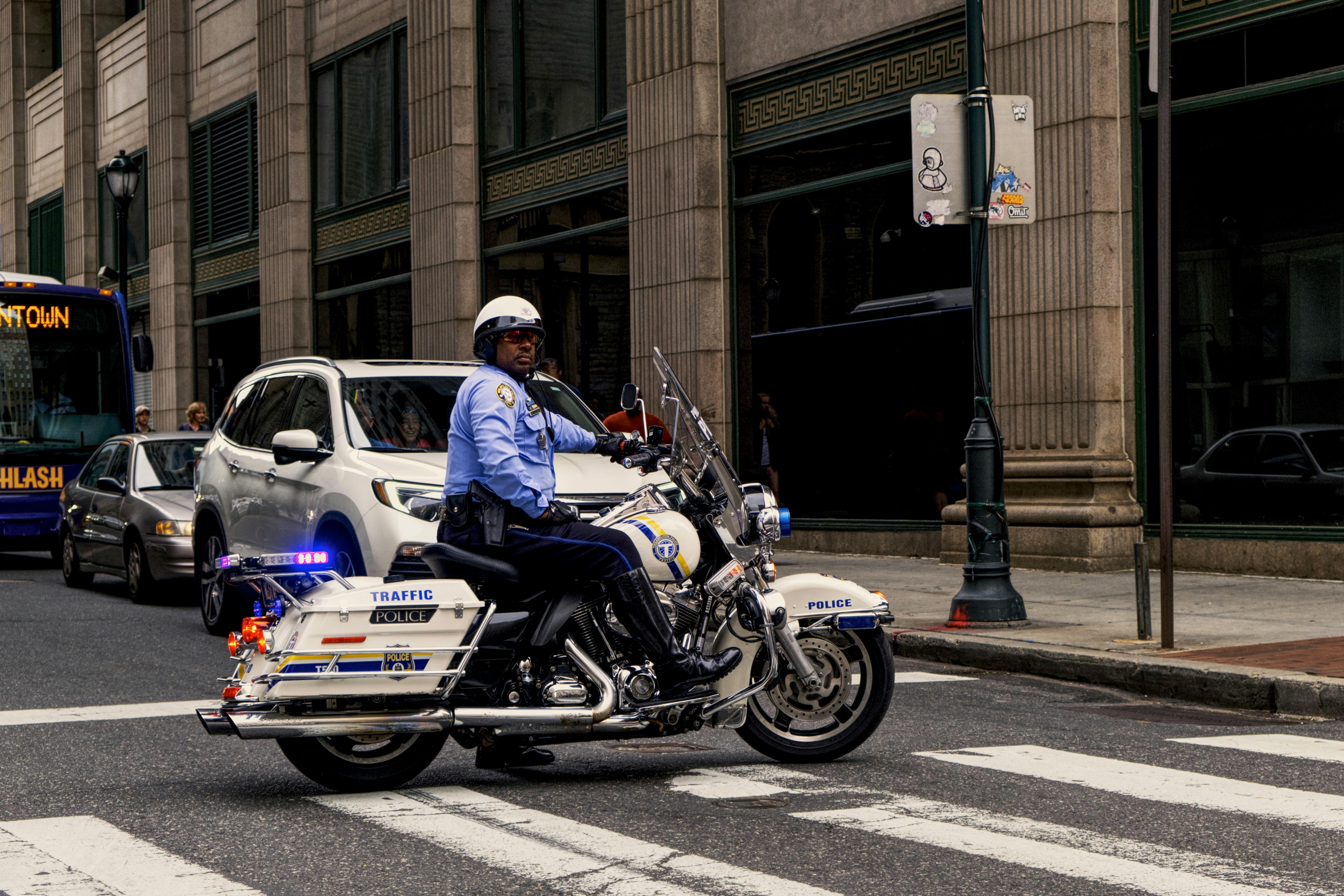
The 3 main types of criminal offenses in Canada
In British Columbia there are 3 main types of criminal offences. They are (1) purely summary conviction offenses, (2) purely indictable offenses, and (3) hybrid offenses.
These 3 types of crimes are established in the Criminal Code of Canada.
Purely summary conviction offenses
The list of crimes for summary conviction is established in article 553 of the Penal Code. These are the lighter charges compared to indictable and hybrid crimes. Examples include theft (less than $5,000) and mischief charges.
Purely imputable crimes
Indictable offenses are the most serious criminal offenses. These crimes are typified in article 469 of the Penal Code. Examples of indictable crimes include murder and treason.
hybrid crimes
Hybrid crimes are all those not contemplated in article 553 or 469 of the Penal Code. Most criminal offenses in Canada are hybrid.
What a hybrid offense means is that the prosecutor can choose to classify an offense as summary or indictable. The way a charge is classified determines how a charge is processed through the criminal justice system.
Process: summary conviction vs. unspeakable
The two main differences are (1) the maximum penalties and (2) the short process.
When the prosecutor has a choice (ie, hybrid offense), the maximum penalties for summary conviction are often less severe than the indictable classification.
For example, a charge of driving while intoxicated (also known as operating while intoxicated) is a hybrid offense in which the prosecutor can choose to proceed summarily or by indictment. As an indictable offence, the maximum penalty is 5 years in jail; as a summary conviction offence, the maximum penalty is 18 months.
Another difference is the short process.
In British Columbia, criminal cases are tried and heard in the provincial courts and the supreme courts. All trials in the Provincial Court are heard by the judge alone, while trials in the Supreme Court may be heard by a judge alone or by a judge and jury.
Purely summary conviction offenses (those listed in article 553 of the Penal Code) are prosecuted and heard only in the Provincial Court. This means that a defendant does not have the option of a jury or a preliminary investigation.
If a charge is a hybrid offense and the prosecutor classifies it as indictable, then the defendant can choose whether the case is tried and heard in the Provincial Court or in the Supreme Court.
The main difference from the Supreme Court is the option of a jury and a preliminary investigation (a pre-trial hearing in which the prosecutor presents evidence to the court to determine if there is enough evidence to proceed against the defendant).
If the prosecutor chooses to classify and proceed by indictment (ie, indictable offence), the defendant chooses whether the case is heard in Provincial Court or Supreme Court by judge alone or by judge and jury.
Purely imputable crimes (those listed in article 469 of the Penal Code) are processed and heard only in the Supreme Court. The default trial mode is judge and jury; however, if the defendant and the prosecutor consent, the trial may be heard by the judge alone.
That establishes the 3 types of criminal offenses in British Columbia.